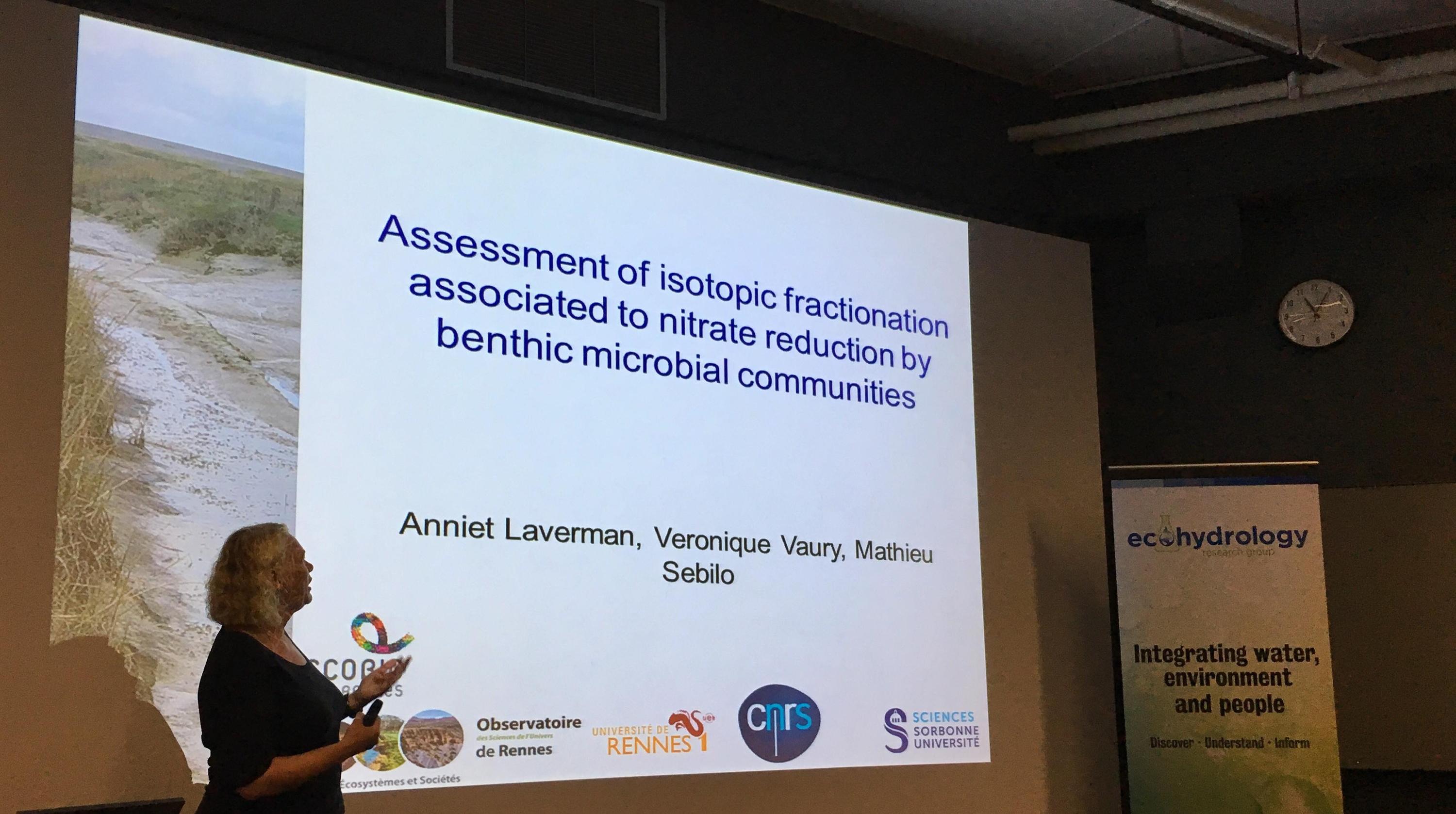Ecohydrology Group Members attend the ELLS-IAGLR Big Lakes, Small World Conference in Evian, France
The first international joint conference between the International Association for Great Lakes Research (IAGLR) and the European Large Lakes Symposium (ELLS-IAGLR 2018), entitled "Big Lakes, Small World", is being held in Evian, France from September 23 to 28, 2018. The conference featured five days of plenaries, workshops, posters, and keynote presentations focused on Large Lakes’ research.
